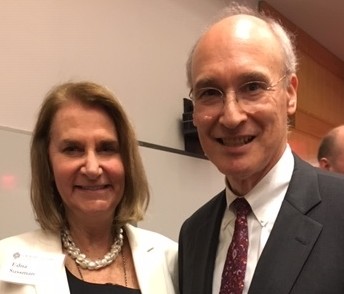US Secondary Sanctions Against Russia: Amidst Rising Tensions, Are Arbitral and Financial Institutions At Risk?
This entry is the last in a series of three regarding issues faced by arbitral and financial institutions as a result of restrictions on transfers of funds under primary and secondary sanctions programmes. In the first post, the authors addressed the impact of asset freezes on arbitral institutions and their banks, while the second post…

